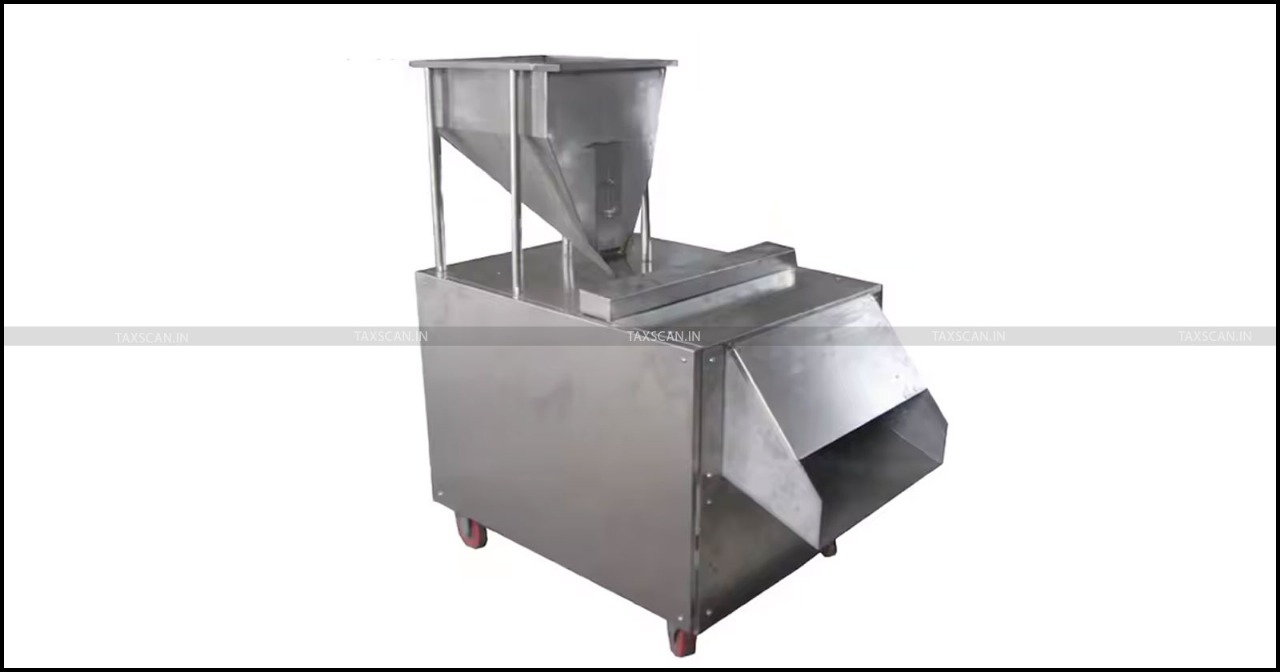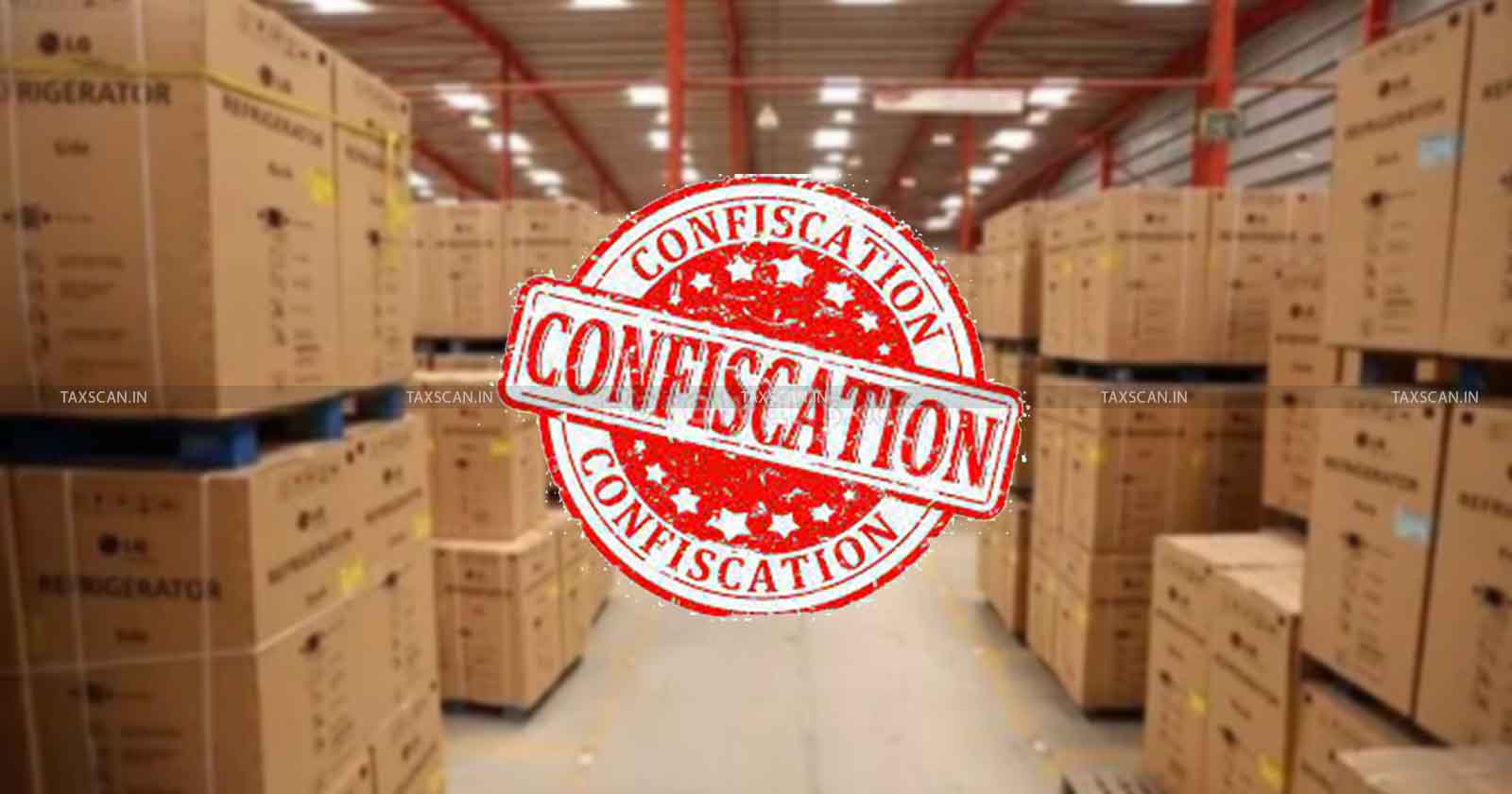Pre-Shipment Inspection Certificate not issued by DGFT-Approved Agency for Mauritius: CESTAT upholds Penalty [Read Order]
CESTAT upheld the penalty for submitting a forged Pre-Shipment Inspection Certificate not issued by a DGFT-approved agency for Mauritius.
![Pre-Shipment Inspection Certificate not issued by DGFT-Approved Agency for Mauritius: CESTAT upholds Penalty [Read Order] Pre-Shipment Inspection Certificate not issued by DGFT-Approved Agency for Mauritius: CESTAT upholds Penalty [Read Order]](https://images.taxscan.in/h-upload/2025/07/18/2065014-psi-certificate-taxscan.webp)
The Chennai Bench of the Customs, Excise, and Service Tax Appellate Tribunal (CESTAT) ruled that a penalty was justified where the Pre-Shipment Inspection Certificate (PSIC) was not issued by a DGFT-approved agency for Mauritius and was found to be forged.
Greta Steels Ltd., the appellant, acting as a high-seas seller, imported Light Melting Scrap (LMS) from Mauritius and sold the goods to an Indian buyer. For clearance, a PSIC was submitted, which was issued by Worldwide Inspection Services Pvt. Ltd., New Delhi.
Affective Ways Of Tax Planning for HUF, Partnership Firm and Will Click here
The Customs authorities questioned the validity of the certificate, as the agency was not approved by the Directorate General of Foreign Trade (DGFT) for inspections conducted in Mauritius.
 Also Read:No Countervailing Duty on Areca Nut Processing Machines Imported for Pan Masala Production: CESTAT [Read Order]
Also Read:No Countervailing Duty on Areca Nut Processing Machines Imported for Pan Masala Production: CESTAT [Read Order]
Based on discrepancies in the documentation and the agency’s lack of approval, the Customs Department imposed a penalty of Rs. 1,65,000 on the appellant under Section 112(a) of the Customs Act. The Commissioner of Customs (Appeals) upheld the penalty. Aggrieved by the decision, the appellant approached the CESTAT.
The appellant’s counsel argued that since no DGFT-approved agency existed in Mauritius at the relevant time, they relied in good faith on a branch office of an approved inspection agency. He submitted that the goods were later subjected to 100% physical inspection in India, and no arms, ammunition, or prohibited materials were found.
Know Tax Planning Real Estate Transactions Click here
The counsel argued that even if the PSIC was technically flawed, the import did not involve any banned goods and the lapse was procedural, not intentional. He further argued that the penalty imposed was excessive and that the importer’s appeal in a similar matter had already been allowed.
 Also Read:Temporary Storage Outside Bonded Area is Not Unauthorized Removal: CESTAT Quashes Customs Confiscation and Penalty [Read Order]
Also Read:Temporary Storage Outside Bonded Area is Not Unauthorized Removal: CESTAT Quashes Customs Confiscation and Penalty [Read Order]
The revenue’s representative argued that the inspection certificates appeared forged and misleading. It was pointed out that the inspection timings shown were not physically possible, and the certificates were issued by an inspector whose link to the issuing agency was unclear. They argued that producing a forged document before Customs constituted a serious violation, regardless of the final physical inspection result.
The single-member bench comprising M. Ajit Kumar (Technical Member) observed that an unauthorized agency issued the PSIC and the certificates included inconsistencies that would not be acceptable to a reasonable person.
Tax Planning For Trusts and cooperation Societies Click here
The tribunal also observed that even if the goods were found to be clean upon inspection, the submission of a forged certificate still violated the legal procedure intended to safeguard against the import of hazardous materials.
The tribunal explained that the requirement for PSIC is rooted in public safety concerns, and submitting an invalid or forged certificate cannot be treated as a minor or technical lapse. The tribunal further held that the definition of “person” under the Customs Act includes companies and therefore, the appellant could be held liable under Section 112(a).
Considering that no dangerous goods were found in the cargo, the tribunal reduced the penalty from Rs. 1,65,000 to Rs. 1,00,000. The appeal was partly allowed, and the order was modified to that extent.
Support our journalism by subscribing to Taxscanpremium. Follow us on Telegram for quick updates


